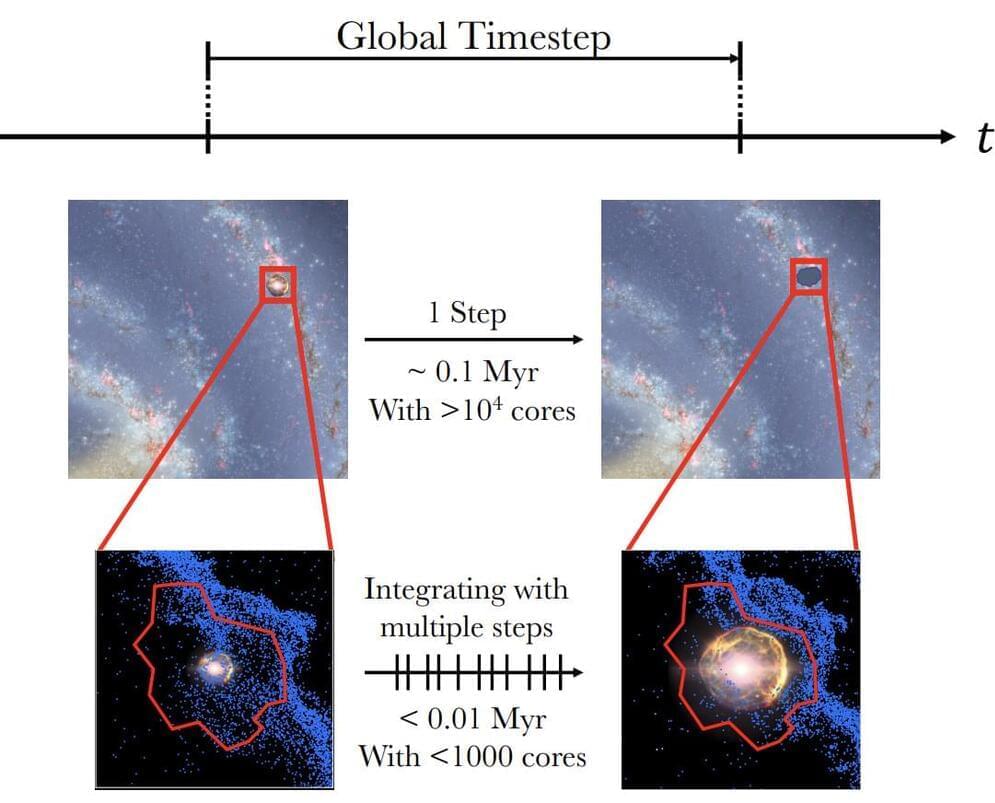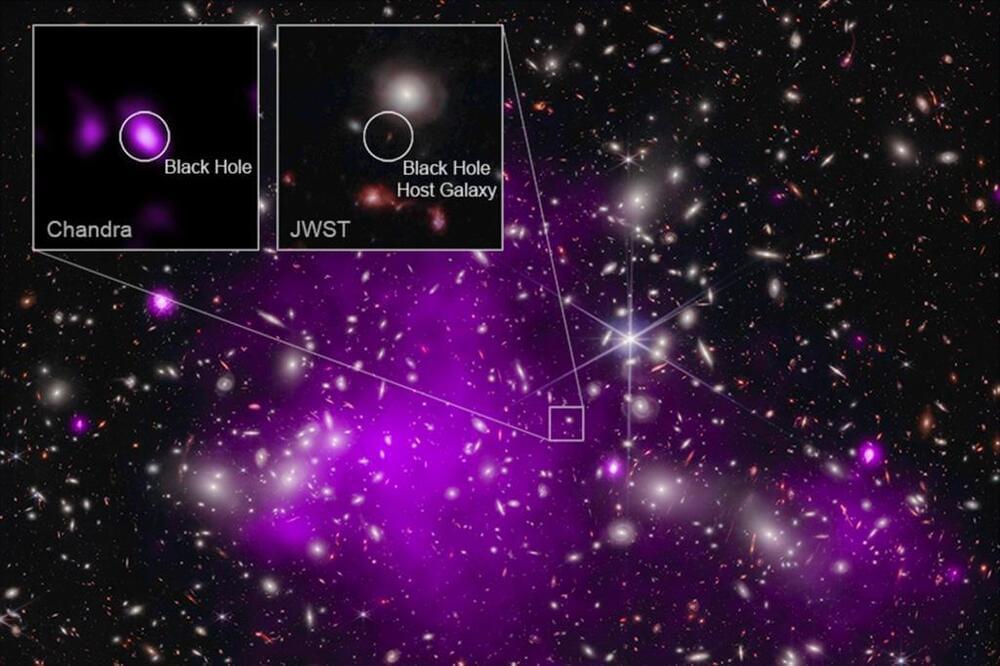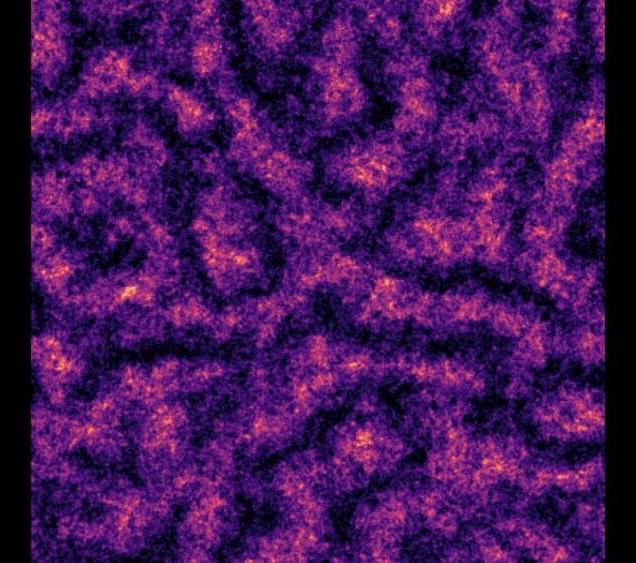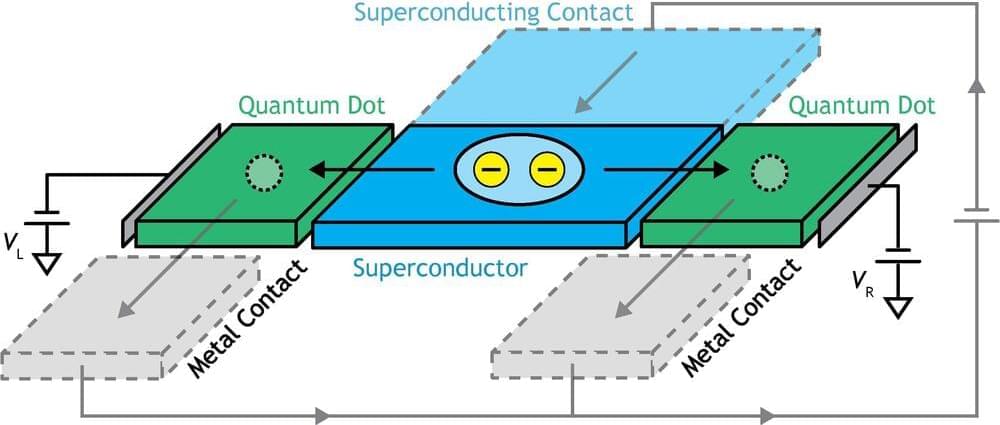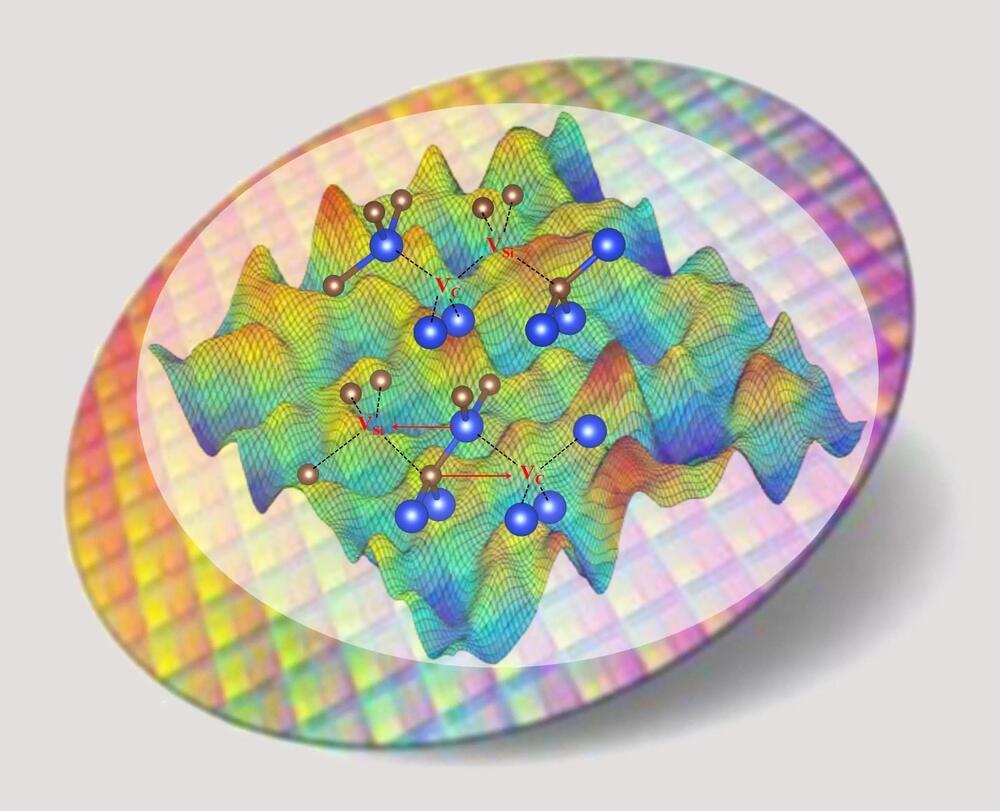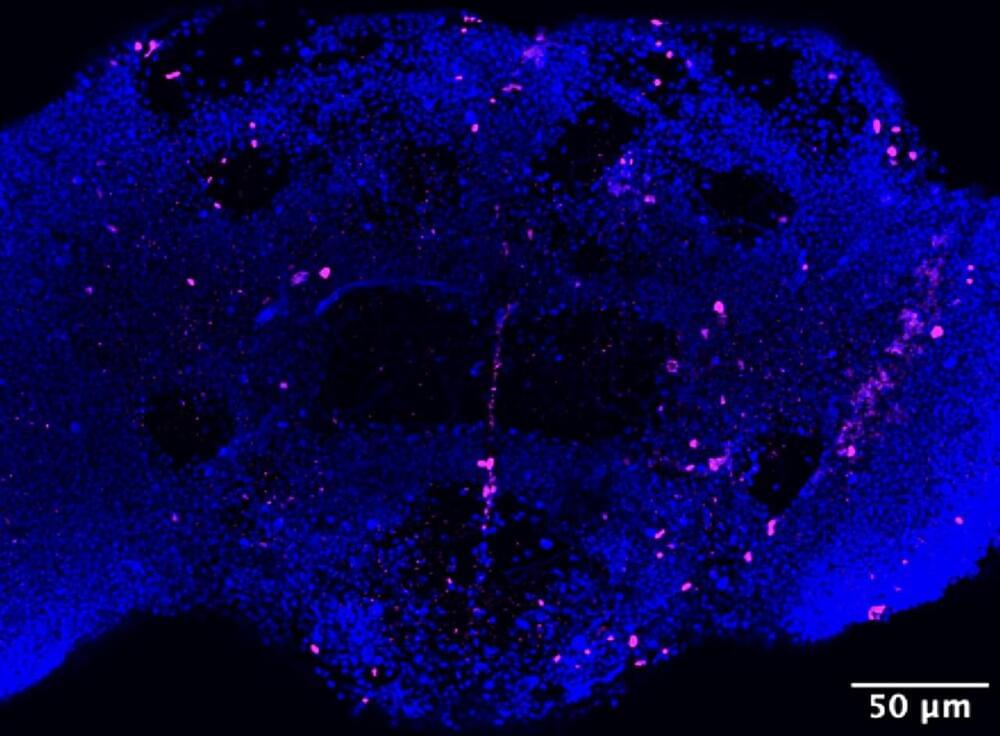Nov 7, 2023
Ilya: the AI scientist shaping the world
Posted by Stan Daymond in categories: military, robotics/AI
Ilya Sutskever, one of the leading AI scientists behind ChatGPT, reflects on his founding vision and values. In conversations with the film-maker Tonje Hessen Schei as he was developing the chat language model between 2016 and 2019, he describes his personal philosophy and makes startling predictions for a technology already shaping our world. Reflecting on his ideas today, amid a global debate over safety and regulation, we consider the opportunities as well as the consequences of AI technology. Ilya discusses his ultimate goal of artificial general intelligence (AGI), ‘a computer system that can do any job or task that a human does, but better’, and questions whether the AGI arms race will be good or bad for humanity.
These filmed interviews with Ilya Sutskever are part of a feature-length documentary on artificial intelligence, called iHuman.
Continue reading “Ilya: the AI scientist shaping the world” »

